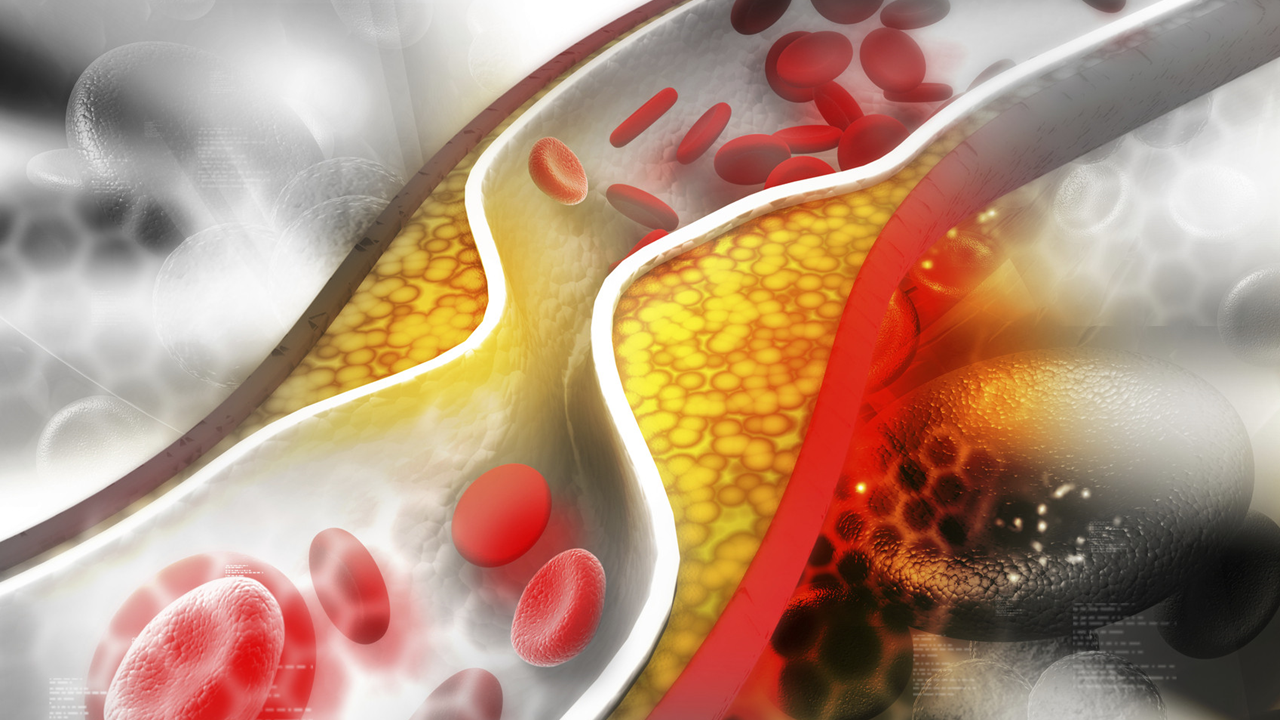Poor Sleep Increases Brain Age Gap in Middle-Aged and Older Adults
Poor sleep quality is a significant factor linked to accelerated brain aging, a finding supported by new research that suggests inflammation may be a key underlying mechanism. This research indicates that middle-aged and older adults reporting poor sleep were more likely to have brains that appeared biologically older than their chronological age.
The Study's on Accelerated Brain Aging
The study, which analyzed data from over 27,500 participants in the UK Biobank (mean age 54 years, 54% female), found a clear association between poor sleep patterns and a higher Brain-Age Gap Estimate. The researchers assessed sleep quality using self-reported data across five metrics: sleep length, insomnia, snoring, daytime sleepiness, and whether the person was an "early bird" or a "nighthawk." Participants were categorized into 3 sleep groups: healthy ( points), intermediate ( points), or poor ( point).
On average, 8.9 years after the initial assessment, participants underwent a brain MRI. Brain age was then estimated using a sophisticated machine learning model based on MRI scan markers, with 285 of these markers most strongly influencing the brain age estimate.
The results demonstrated a statistically significant difference in brain age among the groups:
-
Those with an intermediate sleep pattern had a brain age that was, on average, years older than their chronological age.
-
Those with a poor sleep pattern showed an even more pronounced effect, with a brain age that was, on average, years older than their chronological age.
Sleep Patterns and Participant Demographics
At the baseline assessment, the majority of participants fell into the healthier sleep categories, but a notable portion reported poorer sleep:
-
Intermediate sleep pattern: 55.6% of participants.
-
Healthy sleep pattern: 41.2% of participants.
-
Poor sleep pattern: 3.3% of participants.
The study also highlighted demographic and health differences between the groups. Compared to those with a healthy sleep pattern, participants in the intermediate or poor sleep groups were more likely to be male and older. They also tended to have a higher Body Mass Index (BMI) and lower socioeconomic status.
The researchers used advanced statistical modeling, specifically linear regression and generalized structural equation models, and adjusted for potential confounding factors such as age, sex, education level, race, socioeconomic status, lifestyle, and cardiometabolic disease, to isolate the effect of sleep quality on brain aging.
The Critical Role of Inflammation
A key element of this research was the investigation into the potential mechanism driving this accelerated aging. The researchers measured inflammation using a mediation analysis and the INFLA score, which is derived from blood inflammatory biomarkers.
The principal investigator, Abigail Dove, PhD, suggested that inflammation acts as one of the "underlying mechanisms" linking poor sleep to the observed accelerated brain aging. This finding is crucial because it offers a tangible biological target. Since sleep is modifiable, improving sleep health could potentially be a preventative strategy to slow accelerated brain aging and, perhaps, even mitigate cognitive decline and the heightened risk for dementia that has been linked to poor sleep in other studies.
While the exact causal link between poor sleep and dementia remains a subject of ongoing research—specifically, whether poor sleep contributes to dementia development or is a result of prodromal disease—this study strongly supports the notion that sleep quality is an independent, critical factor in maintaining brain health through middle and old age.
Source
Poor Sleep Tied to Accelerated Brain Aging - Medscape - October 08, 2025.
Bài viết liên quan






